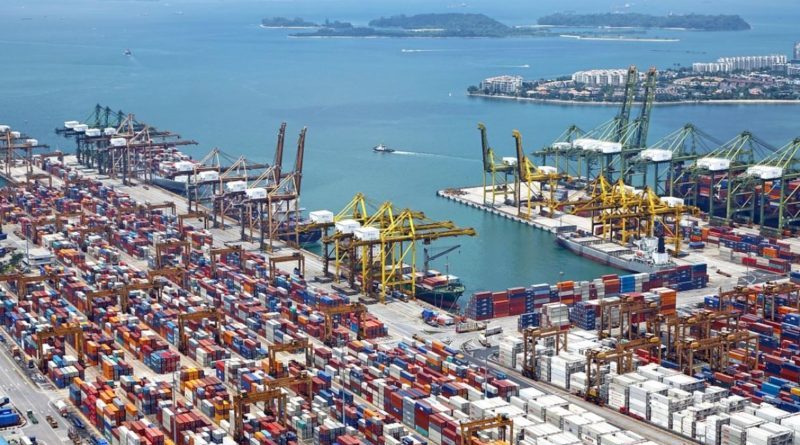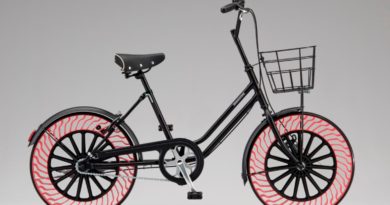LEVA EU moves to calm electric bike anti-dumping gossip
The Light Electric Vehicle Association in Europe (LEVA-EU) has moved to “help companies to make a well-informed decision on their plans for the next few months and years” with an editorial penned yesterday on the topic of potential electric bike dumping duties on Chinese imports.
A backer of the newly-formed Collective of European Importers of Electric Bicycles, LEVA-EU is currently assisting European importers in their defence in AD643 duty against electric bikes sourced from China, something that is under scrutiny with the EU on the back of a complaint made by the European Bicycle Manufacturer’s Association.
Clarifying concern relating to the possibility of retroactive duty application in guest editorial run on CyclingIndustry.News this week, LEVA’s Secretary General Annick Roetynck said: “The only thing we know for sure at this moment in time is the following. So far, the Commission has not used the right to impose provisional duties. The imports are not being registered, which for now rules out retroactive collection of definitive duties. As for how this case concludes: all options are still open, i.e. definitive measures, withdrawal of the complaint or termination without measures.”
At present electric bike imports from China are subject to a 6% import duty. We are presently operating within a window where the European Commission has the right to impose provisional duties, a right which the Commission may still use until July 20th of this year, outlines Roetynck.
“Should provisional duties be imposed, then these will not have to be paid immediately. It will suffice to secure the duties by a guarantee. Provisional duties may be imposed for 6 months and extended for another 3 months or they may immediately be imposed for one period of 9 months. Should provisional duties be imposed, then the Commission must initiate the procedure for determining definitive measures no later than 1 month before the expiry of the provisional duties.”
Is there a danger of retro-active fees?
This seems to have spooked a number of importers with the possibility of retro-active duty payments not something small to medium sized businesses will easily absorb.
The issue is complex, but Roetynck clarifies the boundaries stating that “If definitive duties are imposed, they may be levied for no more than 90 days prior to the date of application of provisional measures but not prior to the initiation of the investigation.”
Conditions for levying duties retroactively must however be met, with Roetynck pinning these down to four points; The imports must be registered; importers must be given the chance to comment on a request made by the Union industry (something that must contain evidence to justify registration); a prior history of dumping for the products under scrutiny should exist; and further imports causing injury should be incoming.
Won’t circumvention occur anyway?
According to LEVA’s update, a circumvention investigation can only begin if definitive duties have been imposed and a window of at least 9 months to a year would have to be observed to file such claims. If such an investigation were to occur, it’s unlikely we would see a result before summer of 2020, according to the statement.
If anti-circumvention measures did come to fruition, European assembly plants would be permitted to apply for exemption on the import of component parts, assuming that the total value of components imported from China carries no more than 59% of the value of the assembled unit. The remainder may be sourced from any country not targeted by the anti-circumvention measures.
It is expected that the European Commission will reach a conclusion on its investigation by October 20th of this year, though January 20th 2019 is the ultimate binding deadline.
To read LEVA’s statement in full, head here.



